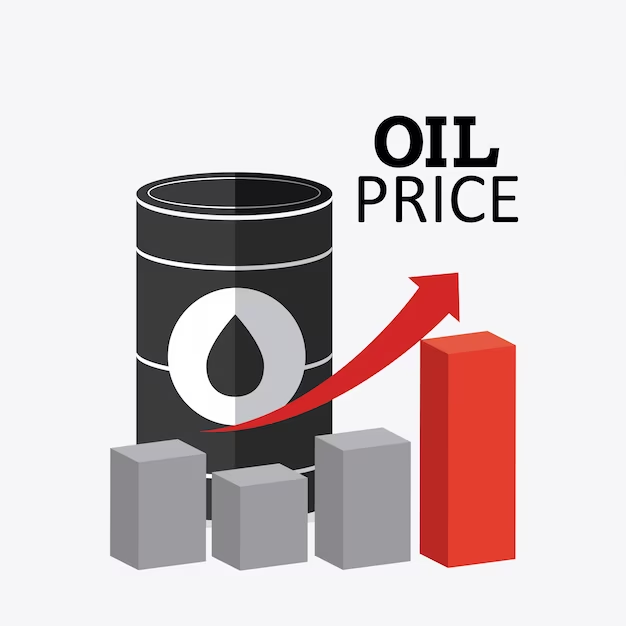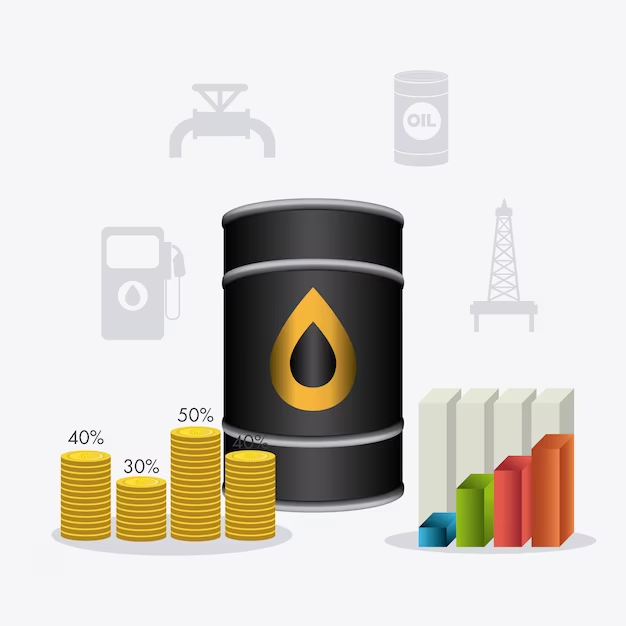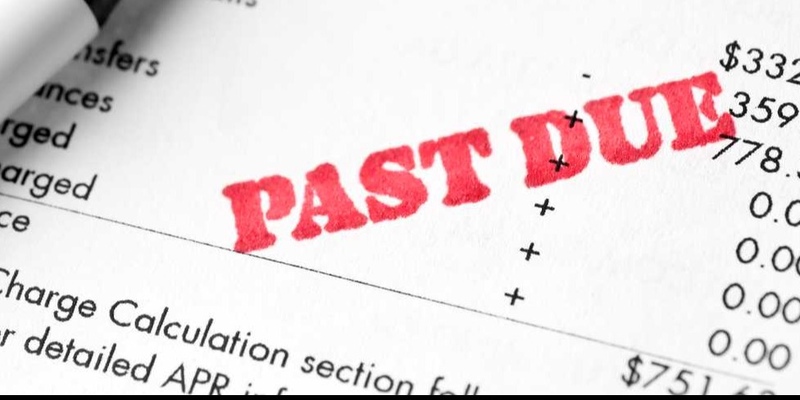Steps to Making a Profit in Crude Oil Trading
May 18, 2025 By Rick Novak
If you want to profit through crude oil trading, several key steps must be taken to ensure success. From understanding the basics of crude oil and how it affects pricing, as well as learning different strategies and methods for providing yourself with an edge in the market.
We will provide you with all the information you need to know on how to make a profitable return with your crude oil trading endeavors. Keep reading if you're looking for guidance into the world of crude oil trading.
Fundamentals of Crude Oil Trading

Understanding the market's fundamentals is the first step to profit in crude oil trading. This means understanding what goes into pricing and learning about the different factors that can affect it. You should also familiarize yourself with all the different types of crude oil available and their respective characteristics. Understanding these elements will help you decide which options to invest in.
Learn What Moves Crude Oil Prices

To profit from crude oil trading, you must understand what moves the prices. This means learning about the factors that can affect crude oil prices, such as global supply and demand, geopolitical events, economic indicators, weather patterns, and other market forces. Learning what drives these price changes will help you identify buying and selling opportunities when they arise.
Develop an Effective Trading Strategy
Once you have taken the time to understand the basics, you need to create a strategy that works best for your goals. Multiple strategies exist, and each has its own benefits depending on your specific needs. Whether you prefer day trading or swing trading, technical analysis, or fundamental analysis – it is important to choose a strategy that fits your goals, and risk appetite is important.
Keep an Eye on the Market
Once you have developed a strategy, keeping up with the market and staying informed of current events is important. This means reading news about crude oil and tracking prices using charts or analysis tools. You can also use various trading platforms that provide real-time data, allowing you to make decisions faster than ever before.
Minimize Risks
When trading crude oil, it is important to remember that no matter how good your strategies are, risks will always be involved. It is essential to take calculated risks to maximize profits without overexposing yourself to too much volatility. Risk management tools such as stop-losses or options can help minimize losses in case the market doesn’t go your way.
Stay Disciplined
The most important factor for success in crude oil trading is staying disciplined and sticking to your plan. This means not chasing after quick profits or deviating from your strategy when making decisions. Disciplined traders can make rational decisions based on data and research, allowing them to maximize their chances of success over the long term.
By following these steps, you will be well-equipped with all the knowledge you need to become a successful crude oil trader and make a profit in this volatile but rewarding marketplace. With patience, discipline, and an understanding of the fundamentals, you cannot limit how much money you can make.
Choose Between Brent and WTI Crude Oil
Another important step in crude oil trading is choosing the right type of crude. Brent and West Texas Intermediate (WTI) are the two most common types. Both are high-quality grades, but they differ in sulfur content and price. WTI has a lower sulfur content, which makes it more expensive than Brent, whereas Bent has higher levels of sulfur, making it less expensive. Depending on your goals and risk tolerance, you should consider both options before deciding which one to invest in.
By taking advantage of the opportunities each type of crude oil offers, you can maximize profits while minimizing risk. Remember these tips when beginning your journey as a crude oil trader, and you’ll be well on your way to success.
Important Features of the Crude Oil Market
The crude oil market is unique, and there are several important features to be aware of before trading.
First, it is important to understand that the price of crude oil can fluctuate greatly from day to day. This means that you must remain flexible and open to quickly changing your strategies to take advantage of profitable opportunities.
Second, recognize that the supply and demand for crude oil also change constantly. Knowing when global markets consume more or fewer petroleum products can help you anticipate future price movements.
Third, geopolitical events such as wars and political unrest can drastically impact the crude oil market. Awareness of current world affairs will give you an edge over other traders who may not know what is happening.
Finally, the crude oil market can be highly competitive and volatile. To succeed as a trader, developing a sound risk management strategy is important to help minimize losses and maximize profits.
By familiarizing yourself with these features of the crude oil market and understanding how they affect prices, you will have more success in making profitable trades. You can profit by trading crude oil with discipline and the right knowledge.
FAQS
Can you make a living trading oil?
Yes, you can make a living trading oil. Understanding the fundamentals of the crude oil market and developing a sound risk management strategy to maximize your chances of success is important.
How many hours do oil traders work?
Oil traders typically work long hours, often 12-14 hours daily. They must stay on top of the news and be able to react quickly to take advantage of market opportunities.
How do I become an oil trader?
To become an oil trader, you must have a good understanding of the fundamentals of the crude oil market and be able to react quickly to changing conditions. You should also develop a sound risk management strategy to ensure your profits outweigh your losses. Finally, staying disciplined and following through with your trading strategies are important to stay profitable in the long run.
Conclusion
Trading in the crude oil commodity market can be a smart and lucrative investment. Before making any trades, it is essential to research oil production, supply forecasts, price history, margins, and costs to understand the traded product. Timing is also important to ensure you buy at low and sell at high fluctuating points. However, as with all investments, the risk is involved, so it’s important to always assess your risk-reward ratio before getting into any trades.
On this page
Fundamentals of Crude Oil Trading Learn What Moves Crude Oil Prices Develop an Effective Trading Strategy Keep an Eye on the Market Minimize Risks Stay Disciplined Choose Between Brent and WTI Crude Oil Important Features of the Crude Oil Market FAQS Can you make a living trading oil? How many hours do oil traders work? How do I become an oil trader? Conclusion
Understanding the Tuition and Fees Tax Deduction

How to Prevent Foreclosure and Keep Your Home Secure

Debt Forgiveness How Get Out Paying Your Student Loans

Everything You Should Know About Direct Tax?

Best Mobile Home Loans

Why US Dollar Holds Global Currency Status: A Comprehensive Guide

All You Should Know About Debt Related Statute of Limitations

Credit Cards vs. Debit Cards: What’s the Difference?

10 Essential Steps to Prepare Your House for Sale

Understanding Whole Life and Universal Life Insurance: Which Is Right for You?

Online Credit Unions: How To Join and How It Works
